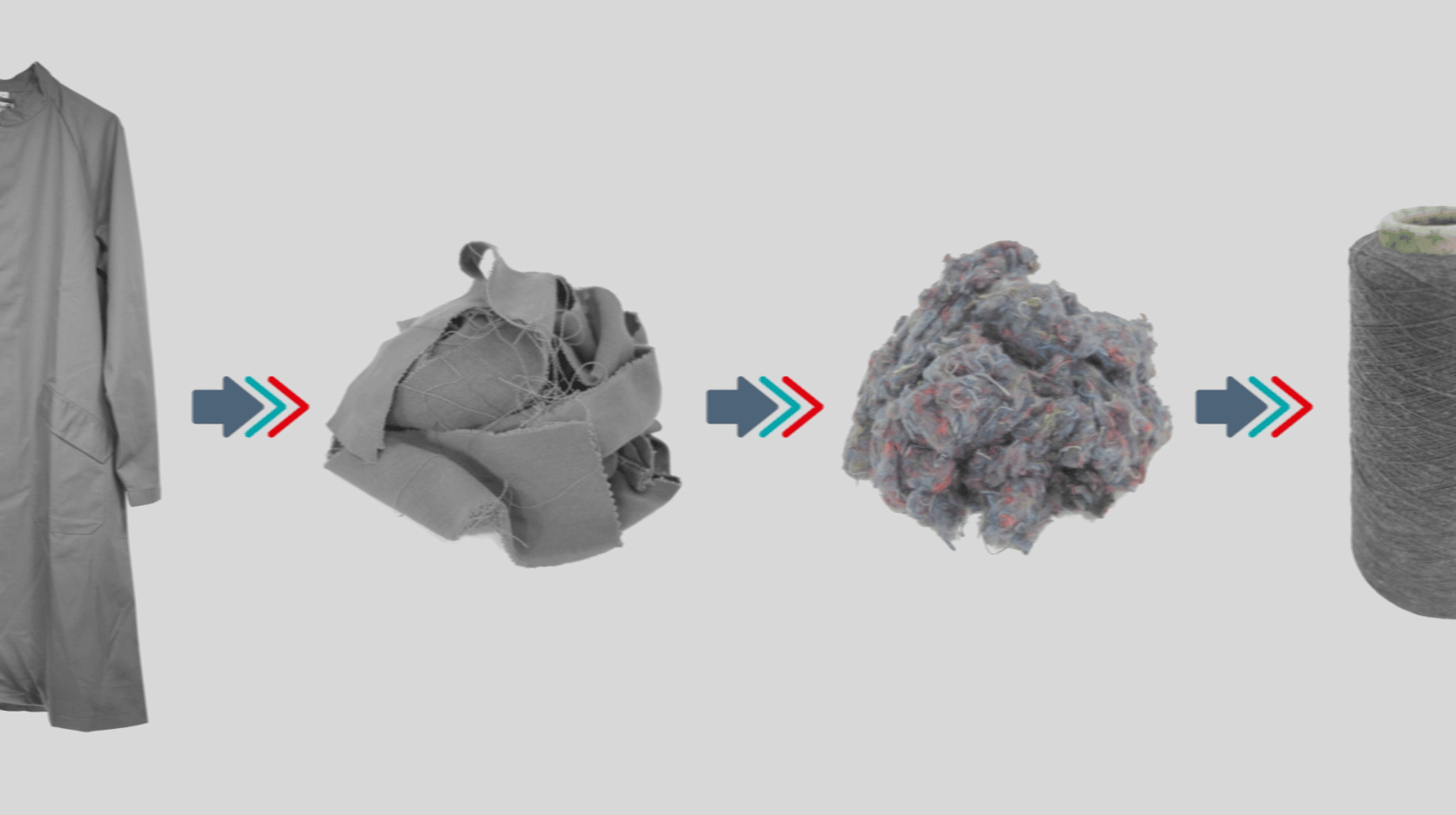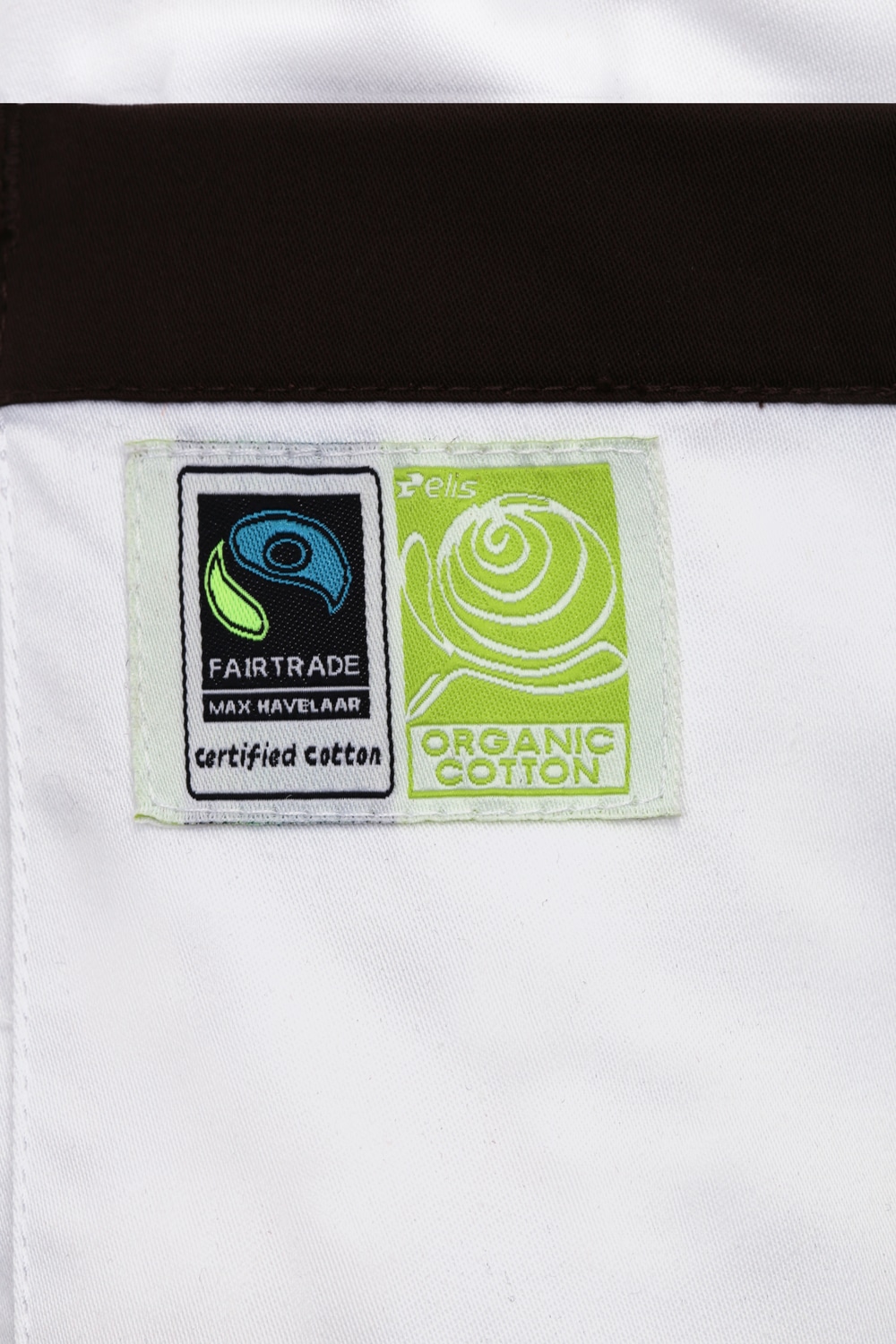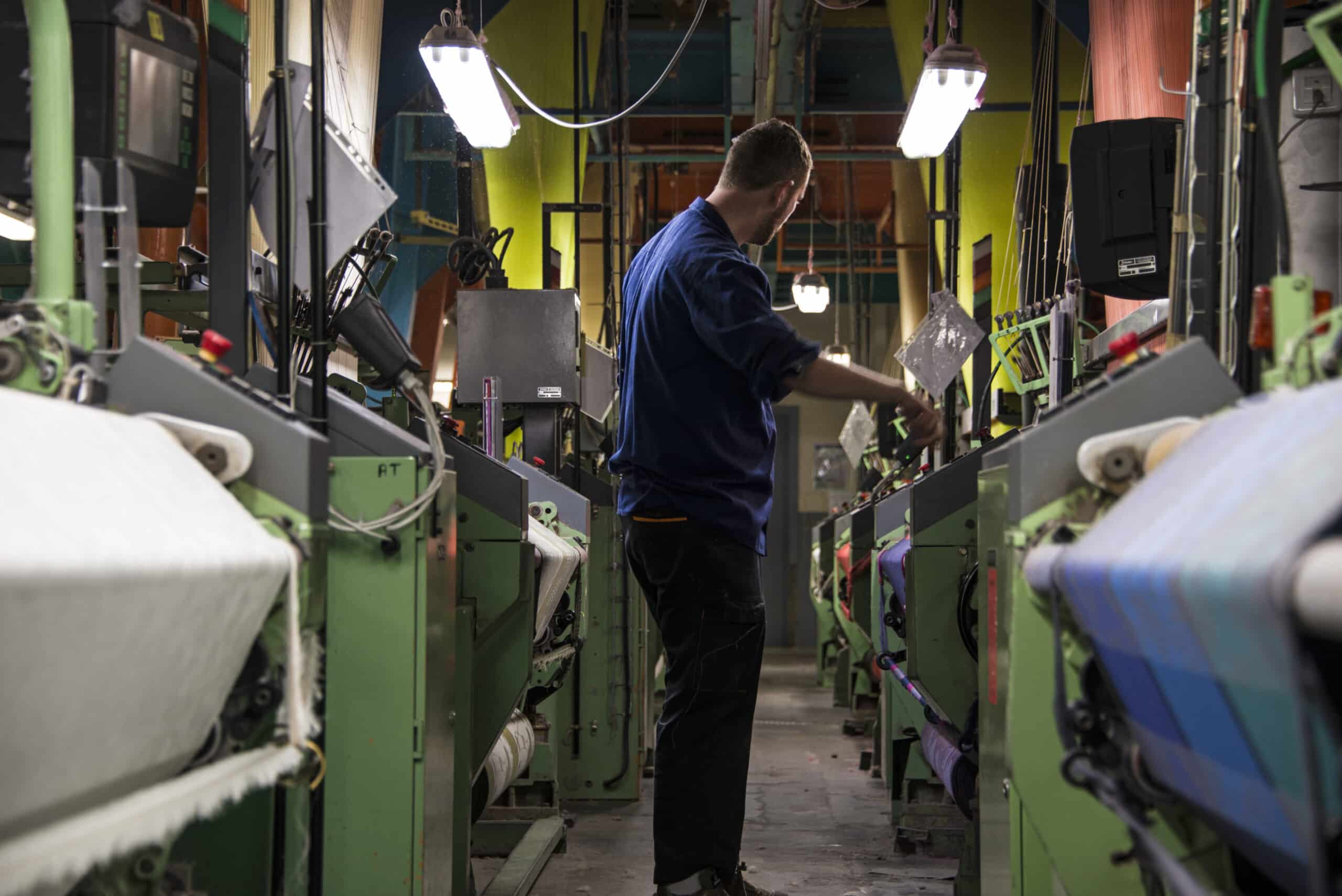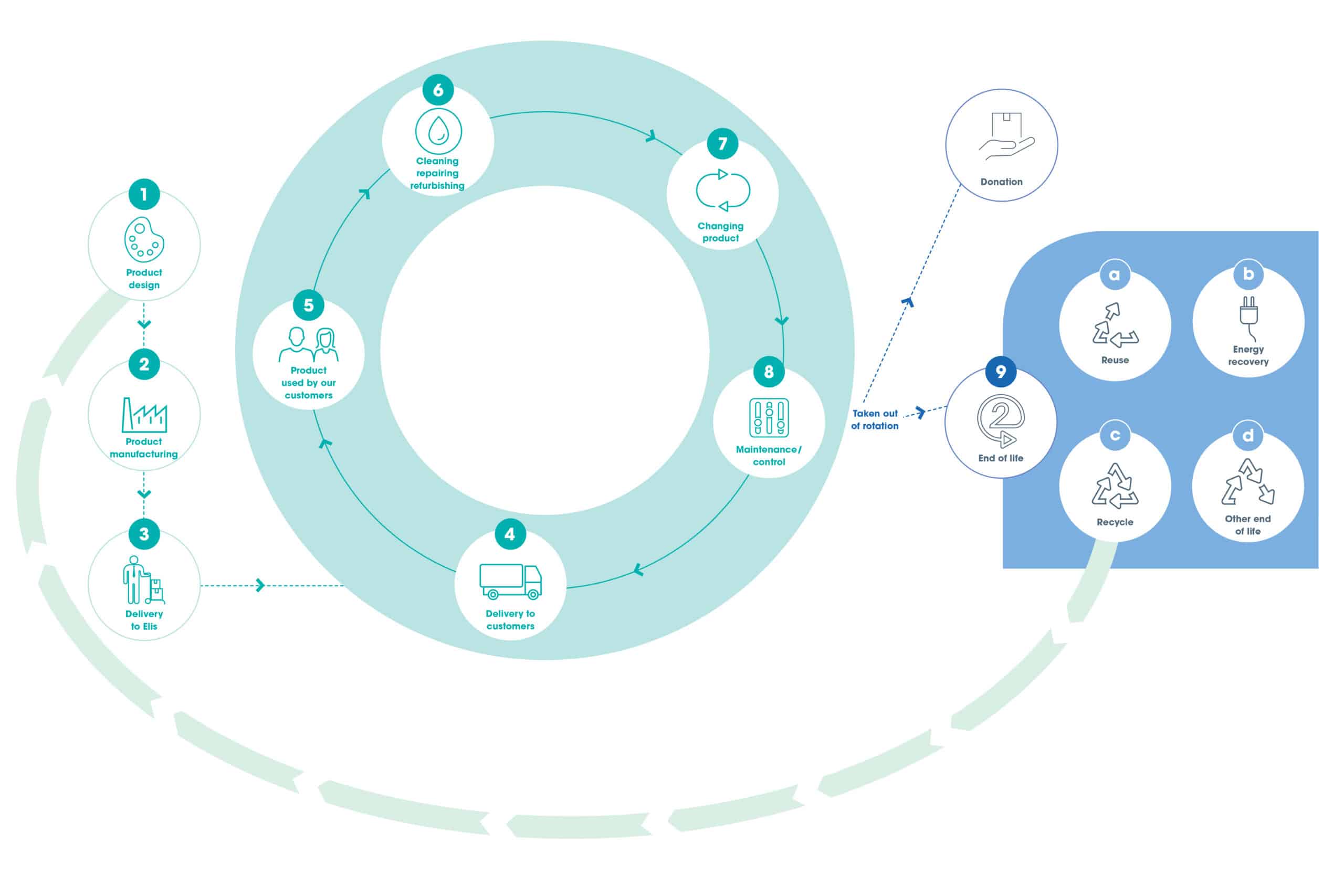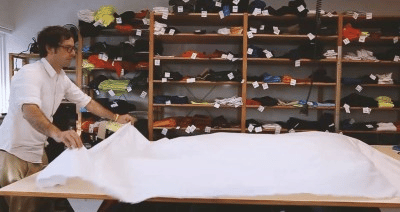Reduce water consumption per kg of linen delivered by Elis’ European laundries by 50% between 2010 and 2025
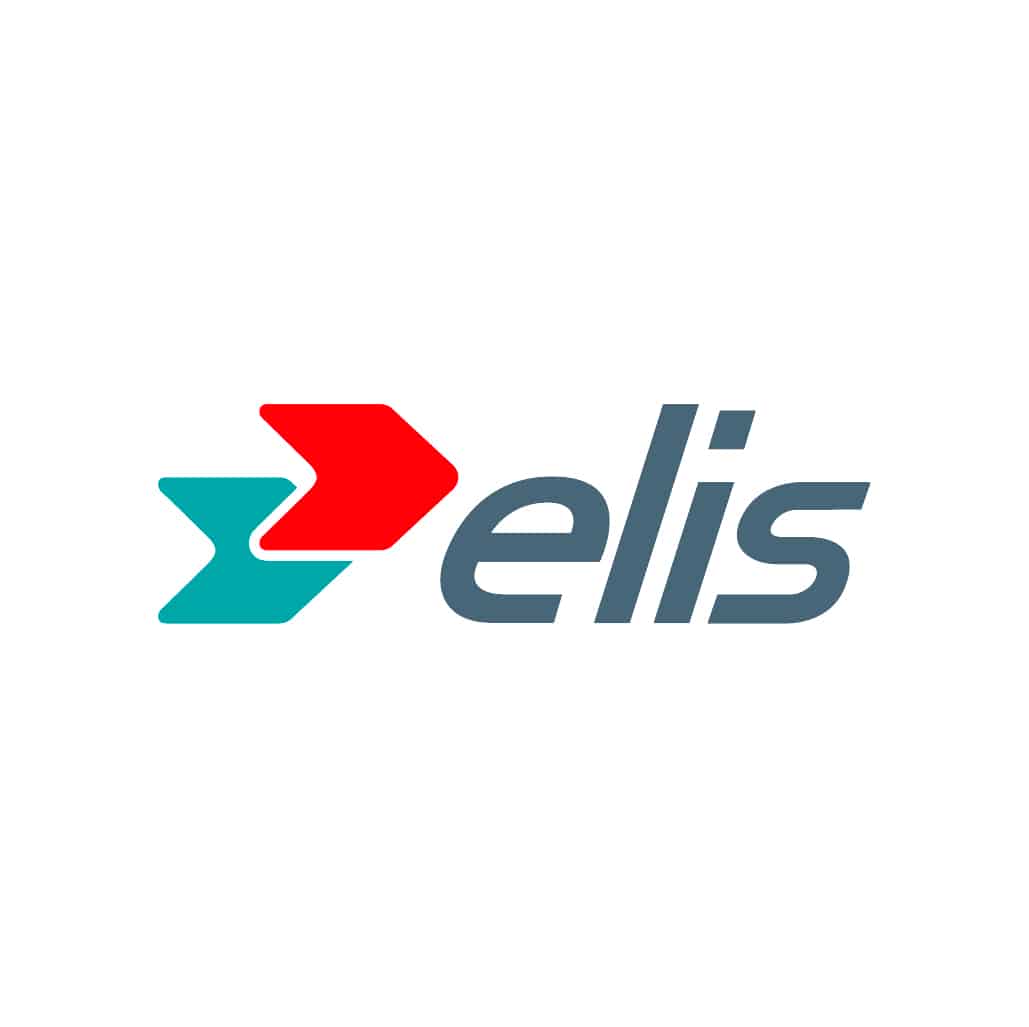
Terms of the action or commitment
Given the constraints brought by climate change and the necessity to protect water resources, which are essential to its activity, the ELIS Group has set itself the objective of reducing its water consumption by 50% between 2010 and 2025. Indicator: Liter/kilo of linen delivered.
Levers mobilized for circular economy (according to Ademe)
Implementation timeline
Starting year
2010
Ending year
2025
Main actors mobilized
Internal actors
Washing Process Engineering, Industrial Projects Department, Environmental Department
External actors
Water agencies, laundry service providers, water treatment service providers
Geographic area
Europe
Photo / Video
2022 follow-up of the action
Date of follow-up
April 2022
Methods of validation of the follow-up
Internal follow-up conducted by the Group’s QSE Department
Status of the action
In progress
Completed
a) Results
Achieved
Partially achieved
Not achieved
b) Numerical / Qualitative information
Cancelled
Explanations
Comparison with the projected pace in the last publications
Keeping up with the times
In advance
Delayed
Partial / Final results
By the end of 2021, the Group has improved its water consumption per kg of linen delivered in its European laundries by 40%.
In order to reduce water requirements in its washing processes, the Group is identifying and implementing:
> good practices (e.g., optimizing the amount of detergent according to the actual weight of the textile)
> new technologies (e.g., type of detergent and activation, replacement of machines with more efficient ones)
> or transforming its washing processes (e.g., lower temperatures where possible, mixing reactive products under new conditions to increase their effectiveness).
The Group also favors the use of washing tunnels whenever possible. Equipped with separate compartments, they allow the linen to follow the different stages of treatment as it passes from one compartment to another and optimize water consumption.
In 2021, the Group continued to roll out programs to optimize its washing processes by changing products or dosages, in particular with emulsion detergent technology.
Elis also continued to roll out its program to replace washing powders with liquid detergents, which are easier to rinse and therefore save new water.
Lastly, the Group’s teams of “chemical, water and energy” engineers train production and maintenance teams at the sites in optimized washing methods (“essentials” of washing, making the best use of washing equipment, etc.).
In order to reduce water requirements in its washing processes, the Group is identifying and implementing:
> good practices (e.g., optimizing the amount of detergent according to the actual weight of the textile)
> new technologies (e.g., type of detergent and activation, replacement of machines with more efficient ones)
> or transforming its washing processes (e.g., lower temperatures where possible, mixing reactive products under new conditions to increase their effectiveness).
The Group also favors the use of washing tunnels whenever possible. Equipped with separate compartments, they allow the linen to follow the different stages of treatment as it passes from one compartment to another and optimize water consumption.
In 2021, the Group continued to roll out programs to optimize its washing processes by changing products or dosages, in particular with emulsion detergent technology.
Elis also continued to roll out its program to replace washing powders with liquid detergents, which are easier to rinse and therefore save new water.
Lastly, the Group’s teams of “chemical, water and energy” engineers train production and maintenance teams at the sites in optimized washing methods (“essentials” of washing, making the best use of washing equipment, etc.).
Company's comments
Water is a strategic global resource and a real sustainability issue for communities, companies, and in particular for Elis with regard to its activity. Water is either taken from the natural environment (borehole water or surface water) or consumed by connection to municipal networks. The Group has been committed for many years to reducing its water consumption per kg of linen delivered. In France (the Group’s historical country), water consumption in Elis laundries per kg of linen delivered has been reduced by 49% between 2007 and 2021 and in Europe by 40% between 2010 and 2021.
